I spent a day with our medical partner, Wuqu’ Kawoq, visiting the homes of malnourished children in the mountains of indigenous Guatemala.
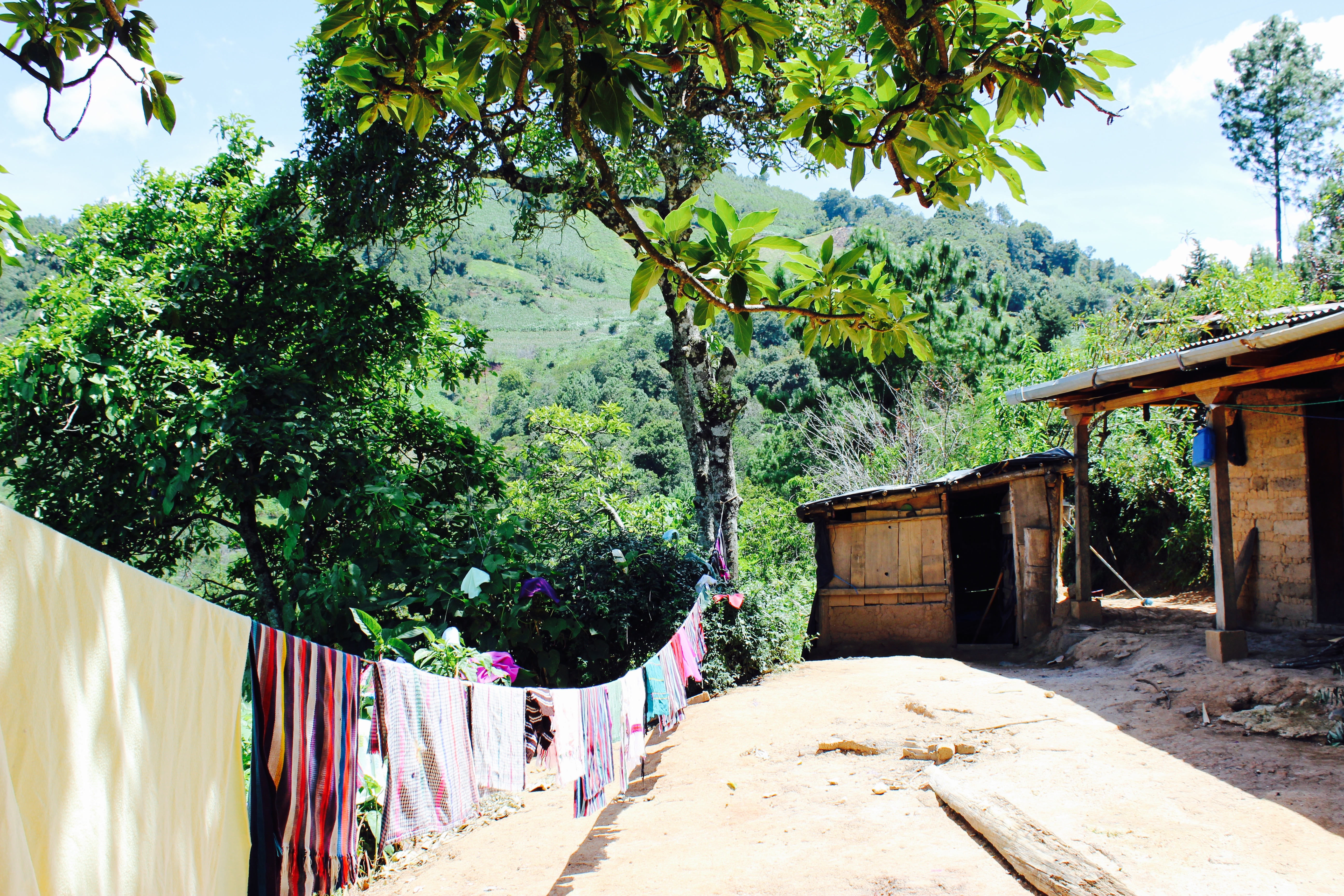
It’s 8:00 AM and we’re on a mountain. I’m in the back of a pickup truck and every bump in the road sends me a few inches in the air. I have one hand on the edge of the truck, and one hand on the handle of my backpack. Every time I think we’ve arrived, we keep going further up.
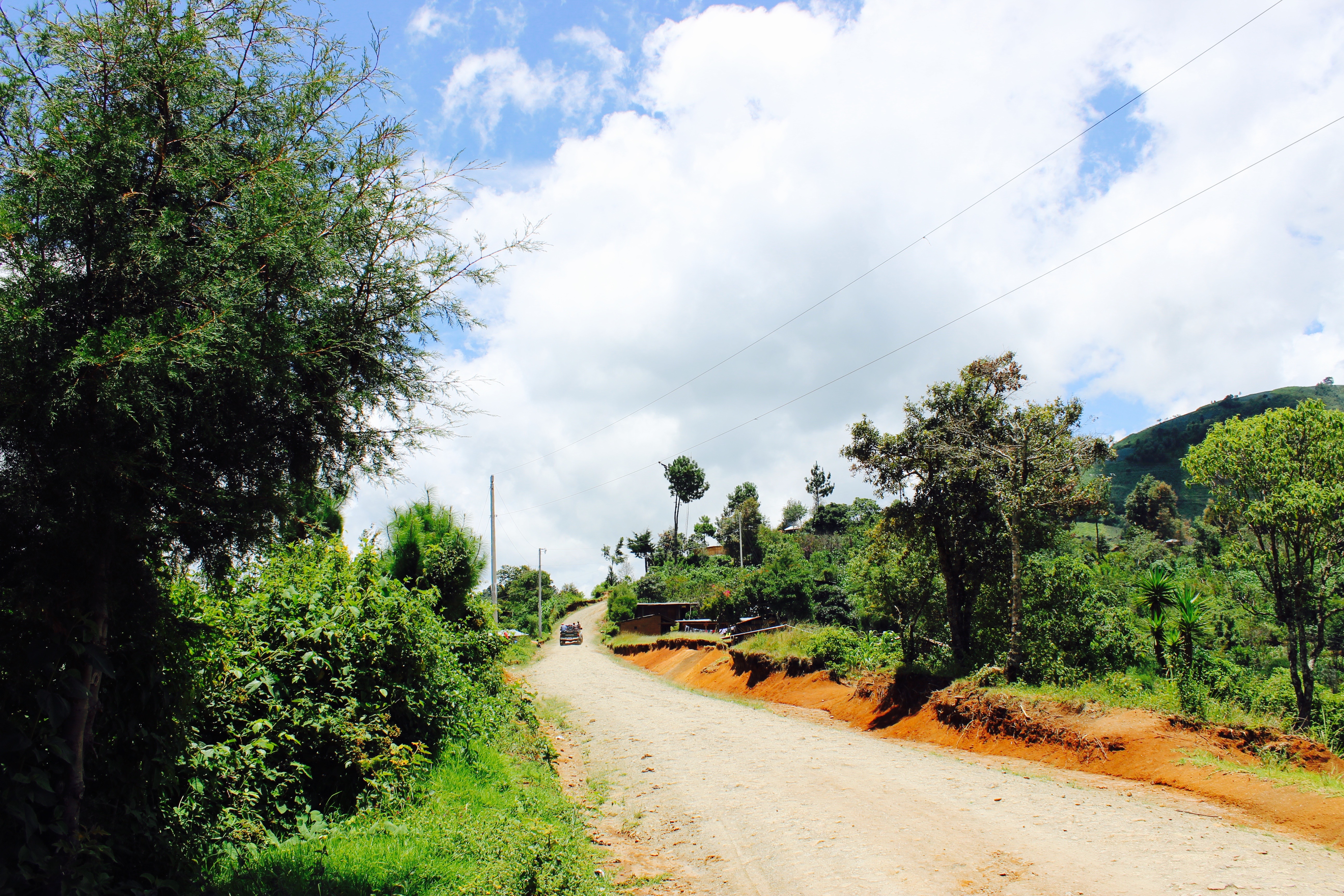
I’m sitting in the back of the truck with two promotoras (community health workers), Magaly and Georgina. They’re preparing to spend the day in the field, going from home to home, teaching mothers how to care for their malnourished children. They’re smiling and laughing and speaking to each other in Kaqchikel, the indigenous language in this region of Guatemala. They wrap their heads in scarves as the wind picks up. This is every morning for them.
“I speak English!” Magaly says to me, and she can’t contain her laughter. She admits in Spanish that it’s the only phrase she knows in English.
An hour later, we arrive at a small health center mid-way up the mountain. Magaly and Georgina sling large measuring tools over their shoulders as they get out of the truck. They will carry these on their backs as they walk from home to home. This is how they track the growth of the children.
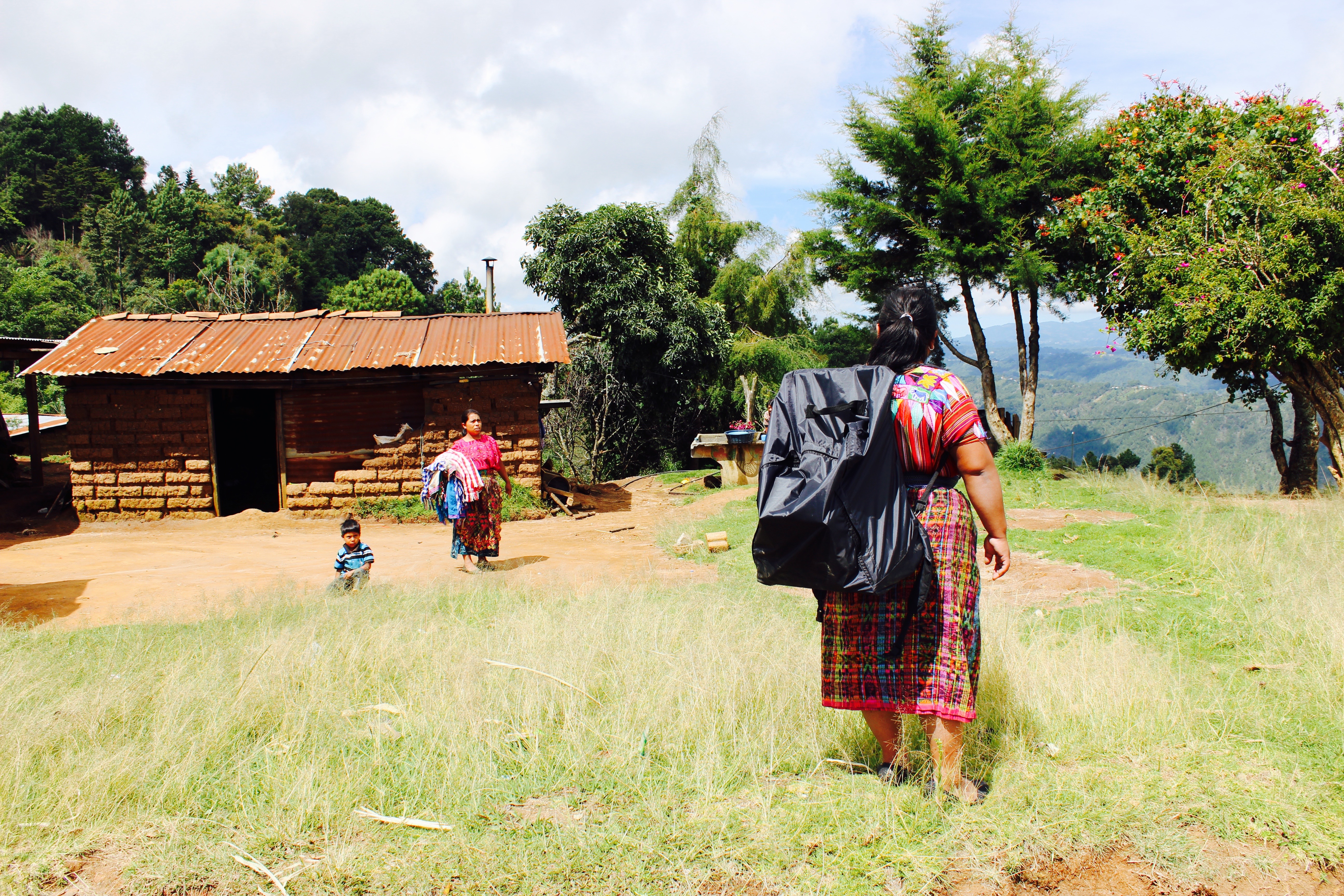
Wuqu’ Kawoq, Watsi’s medical partner in Guatemala, serves indigenous communities in Guatemala. They specialize in helping children overcome malnutrition. Families in this region have no other access to healthcare. They lack funds, transportation, and education about basic conditions. And to make accessing healthcare even more difficult, they speak Kaqchikel -- one of dozens of Mayan languages -- in a country where the entire health system operates in Spanish.
Doctors and promotoras from Wuqu’ Kawoq speak Spanish and Kaqchikel. Because they know that language and culture often prevent their patients from seeking healthcare, they spend much of their time hiking through the mountains, going door-to-door, and bringing healthcare to them.
In Guatemala, 50% of children under five are malnourished. Today, we are conducting initial visits with three young boys, all recently diagnosed with acute malnutrition.
We’re at 7,800 feet, and I can’t get over the views. We’re looking for Doña Elena, the mother of our first patient.

When I ask Magaly and Georgina where she lives, they tell me, “Somewhere over there,” — and point to a group of homes in the distance.
We walk through bumpy roads and wooded paths for 45 minutes, asking folks along the way for help. They point us in the direction of Doña Elena's home. But when we finally reach it, her son tells us that she isn’t there.
“Ah, vamos a regresar mañana,” Georgina says. We’ll return tomorrow.
And we walk the 45 minutes back.
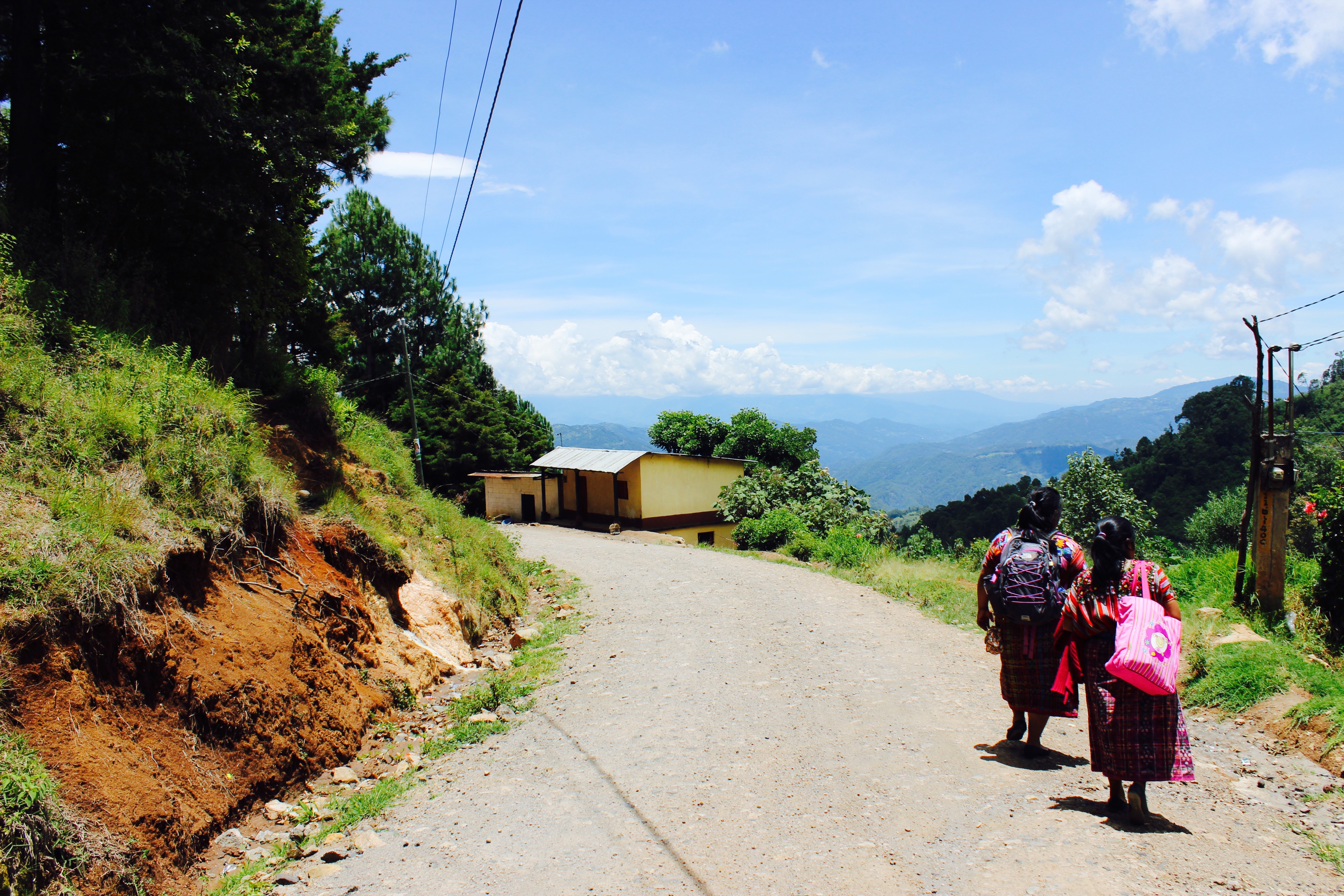
Finally, we come to the home of the second patient, Nilton. His mother is young. She brings us stools and we sit down outside her home.
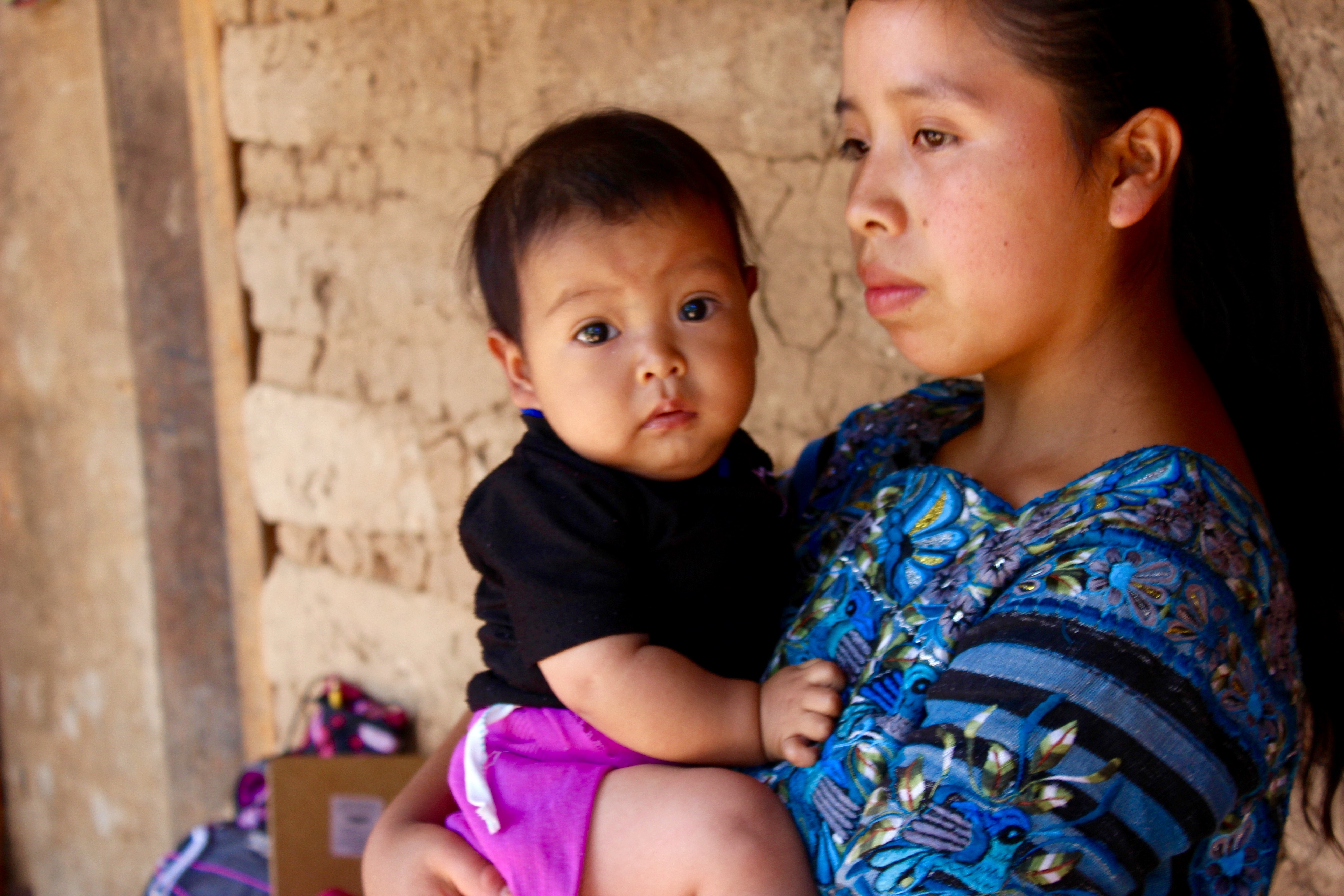
Nilton is six months old -- the age, the promotoras tell me, when babies begin the transition from breast milk to solid food. Often, families in Guatemala aren't able to provide the healthy solid food that babies like Nilton need to thrive.
They weigh and measure Nilton.


They go over his growth curve, and plot his current height and weight.
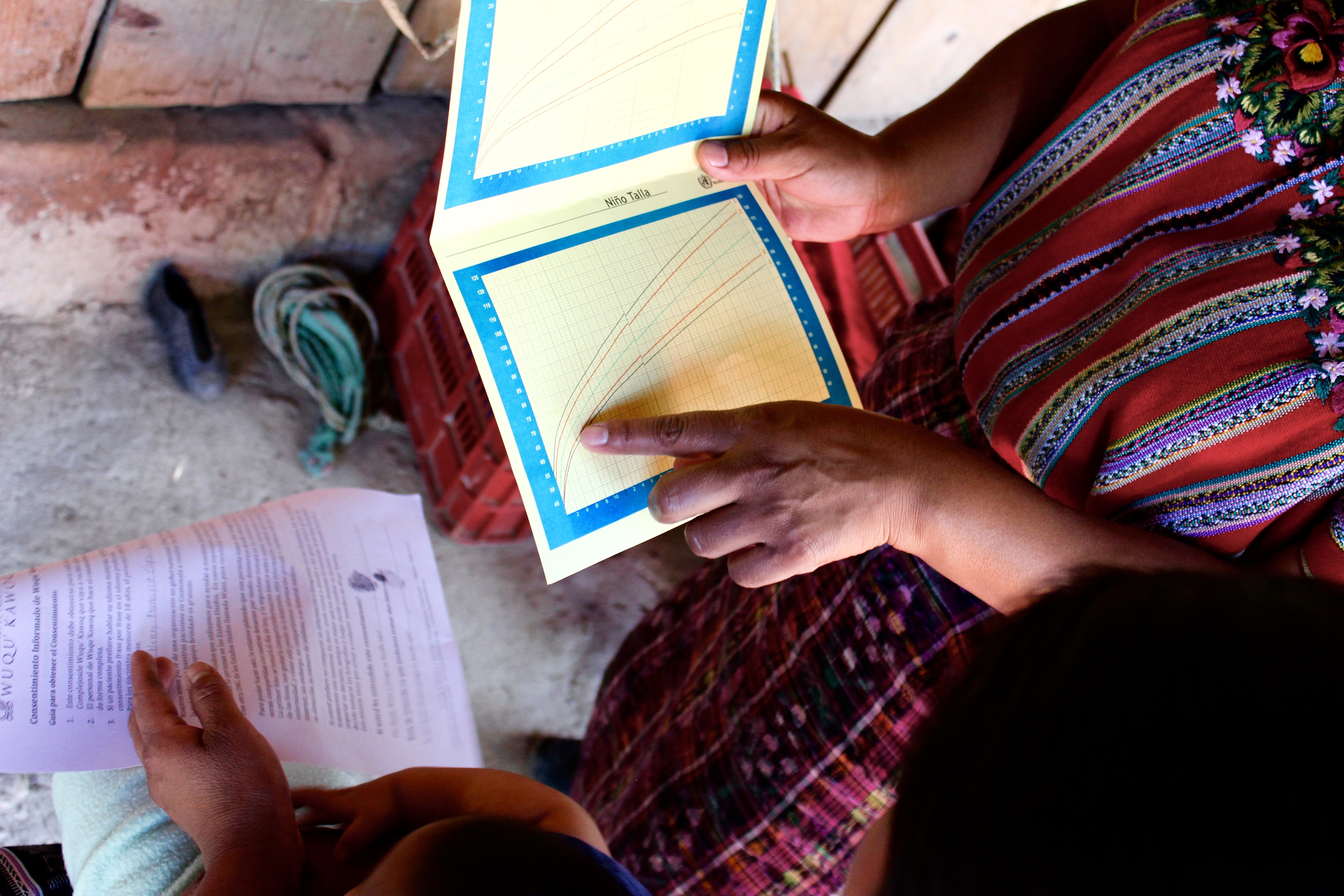
Magaly asks his mother in Kaqchikel, “Do you have the resources to provide one fruit, one vegetable, and one egg for Nilton every day?”
She quietly says, "No."
Magaly, Georgina, and Wuqu’ Kawoq’s intern, Kate, explain to Nilton’s mother that her son can receive free food and supplements, funded by donors around the world via an organization called Watsi. They will also provide weekly nutrition classes for her, so she understands which foods will help her son grow and develop normally. She gives her consent, and we take Nilton’s photo for his Watsi profile.
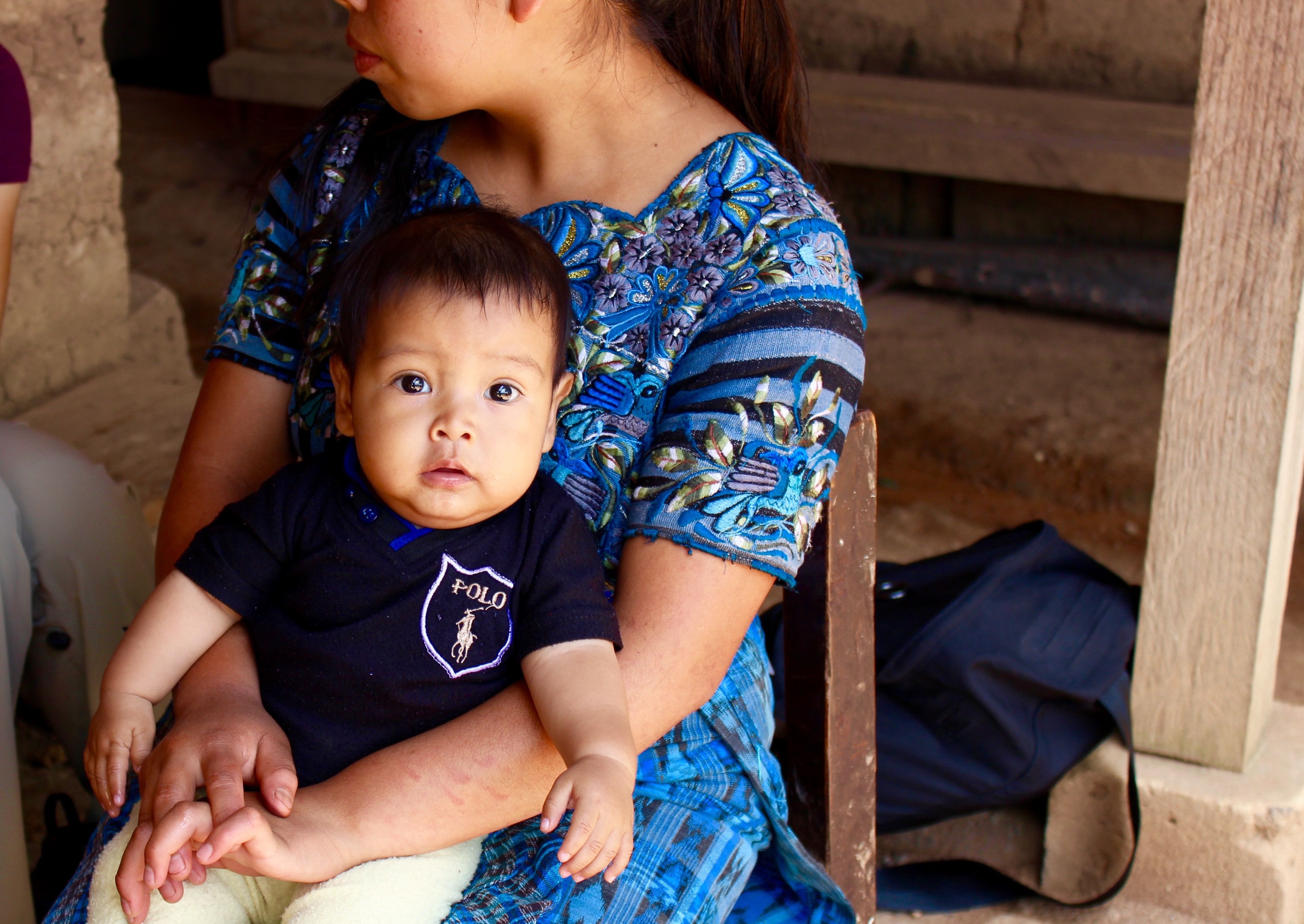
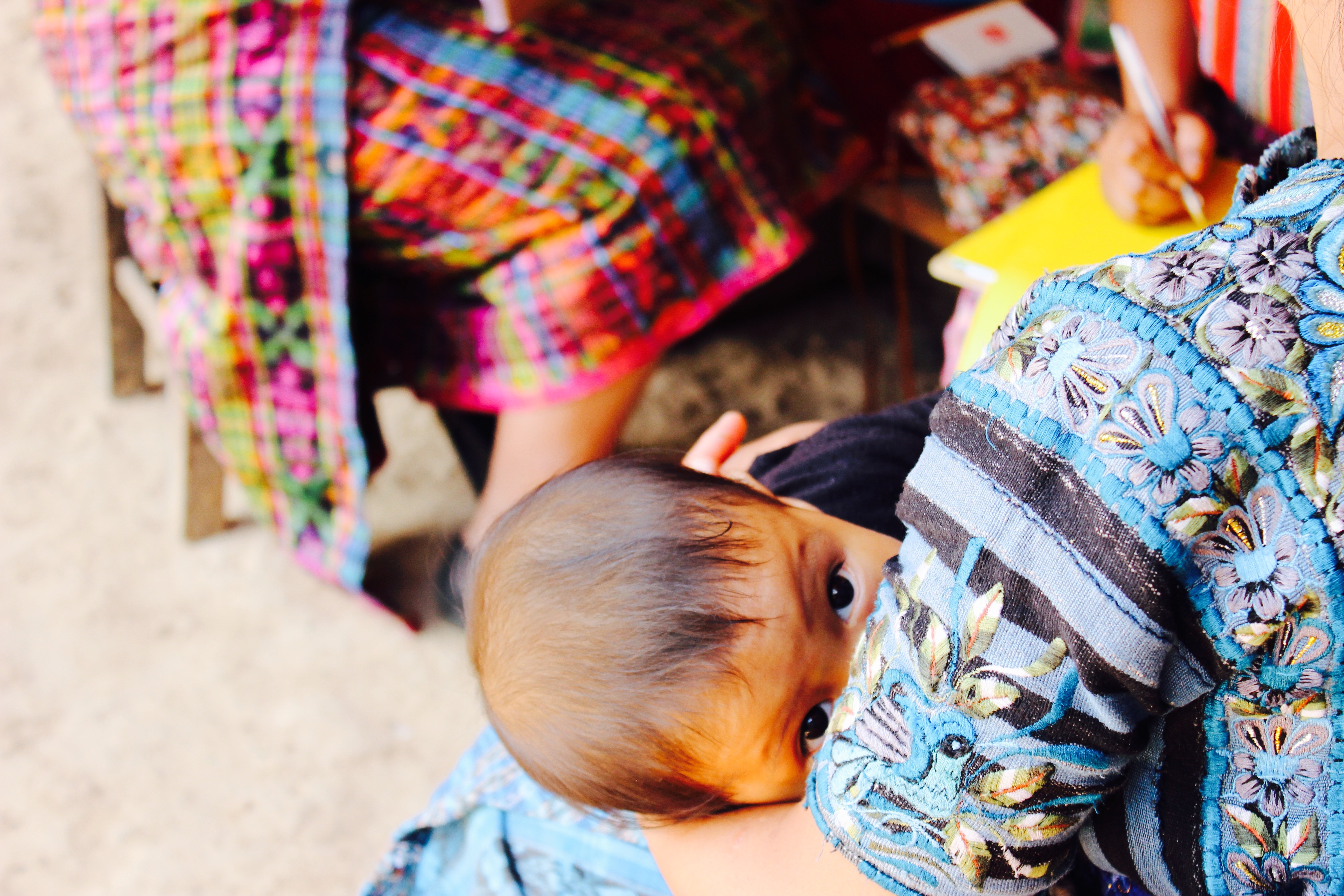
That afternoon, we see two more patients. Between the hour (or more) it takes to find patients, and the energy spent with each family, three is the maximum Magaly and Georgina can see in a day.
It’s about 4:30 PM and we’re back in the truck going down the mountain. Magaly and Georgina are smiling and chatting about the day, and I’m in awe that they’ve devoted their lives to this work.
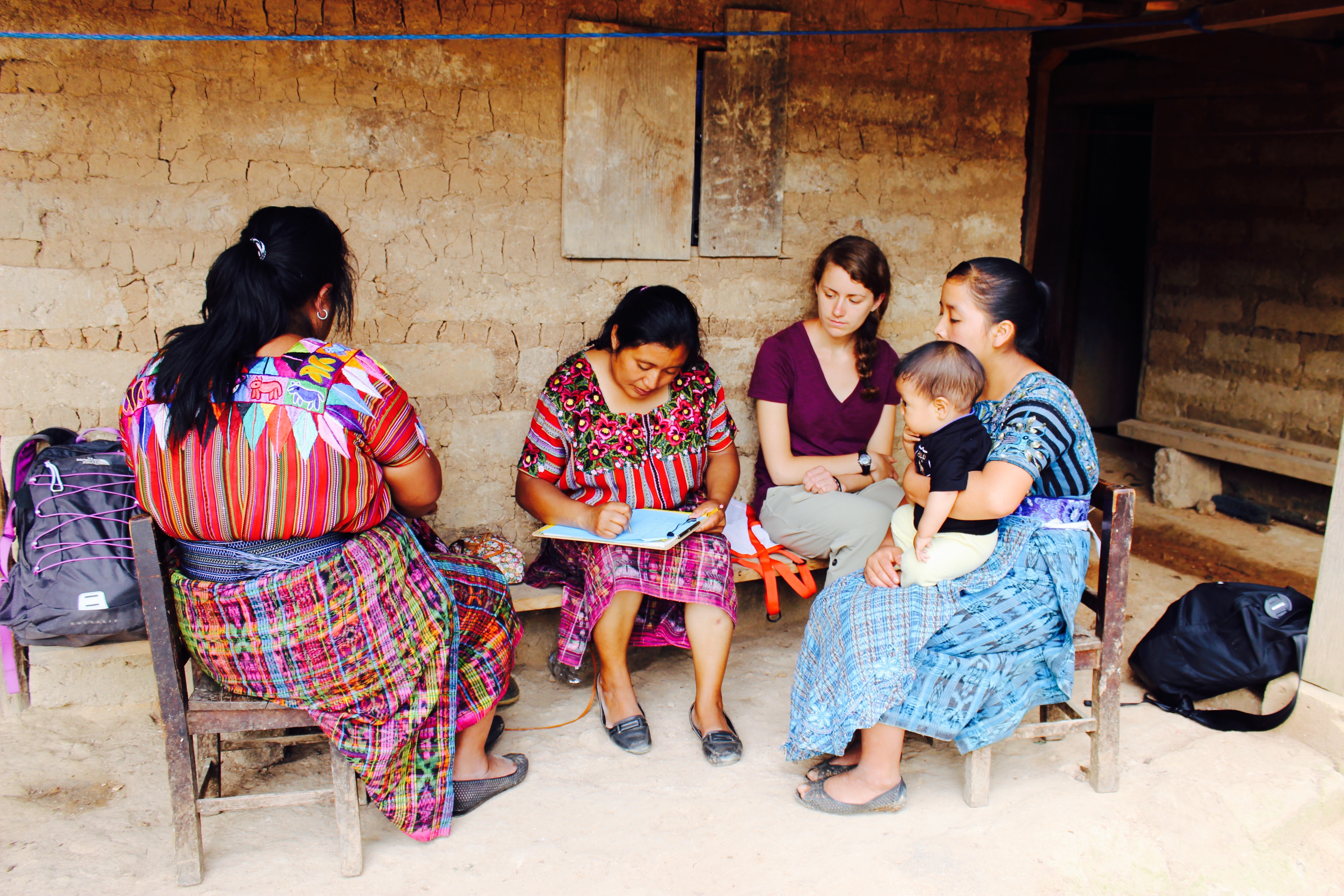
I would have never known, from my small home in San Francisco, that 3,000 miles away in rural Guatemala, there are health workers navigating overgrown trees and scaling mountains, determined to fight childhood malnutrition. That there are people so tirelessly devoted to making sure every family in their community has access to healthcare -- regardless of where they live, how they dress, what language they speak, or their ability to pay.
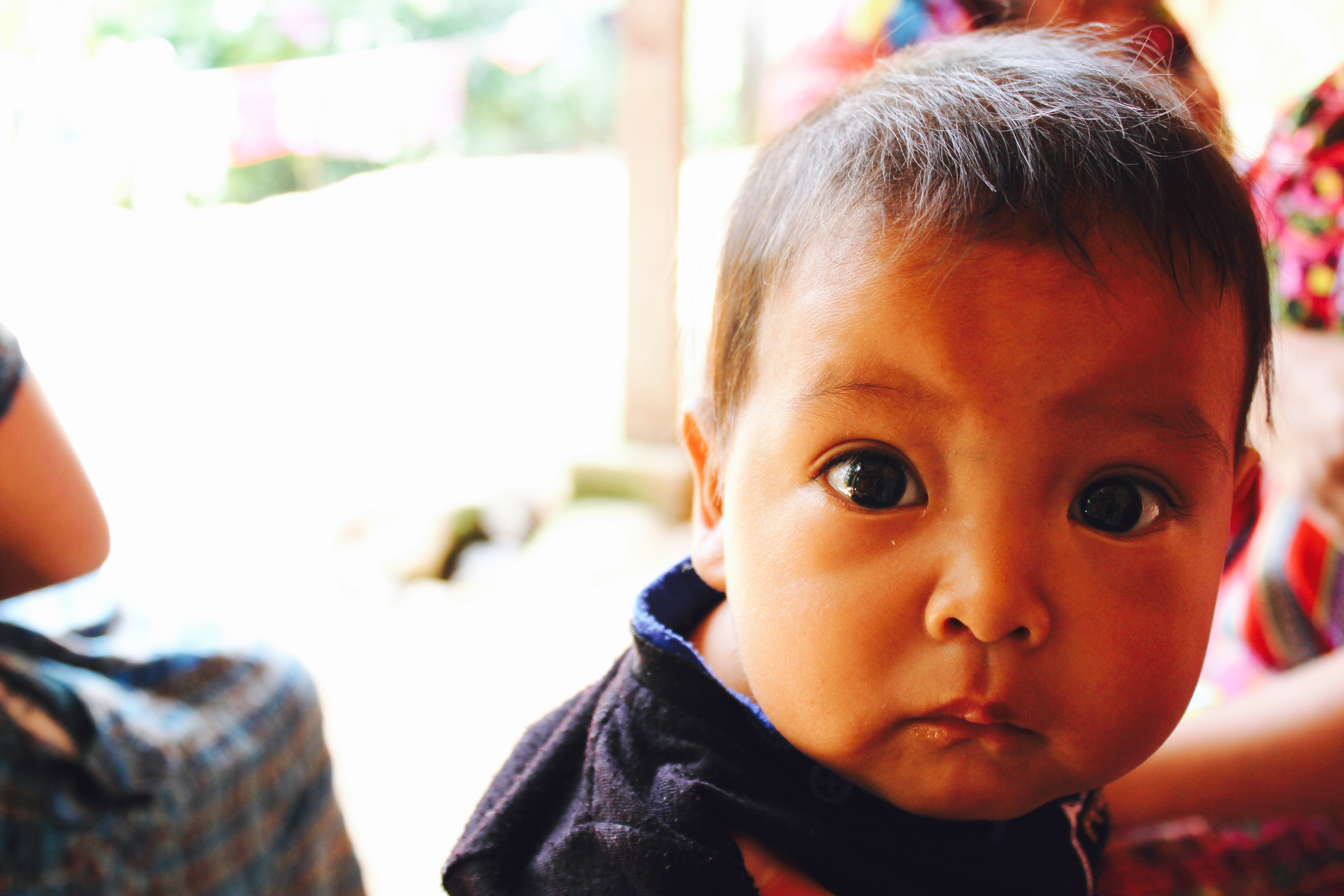

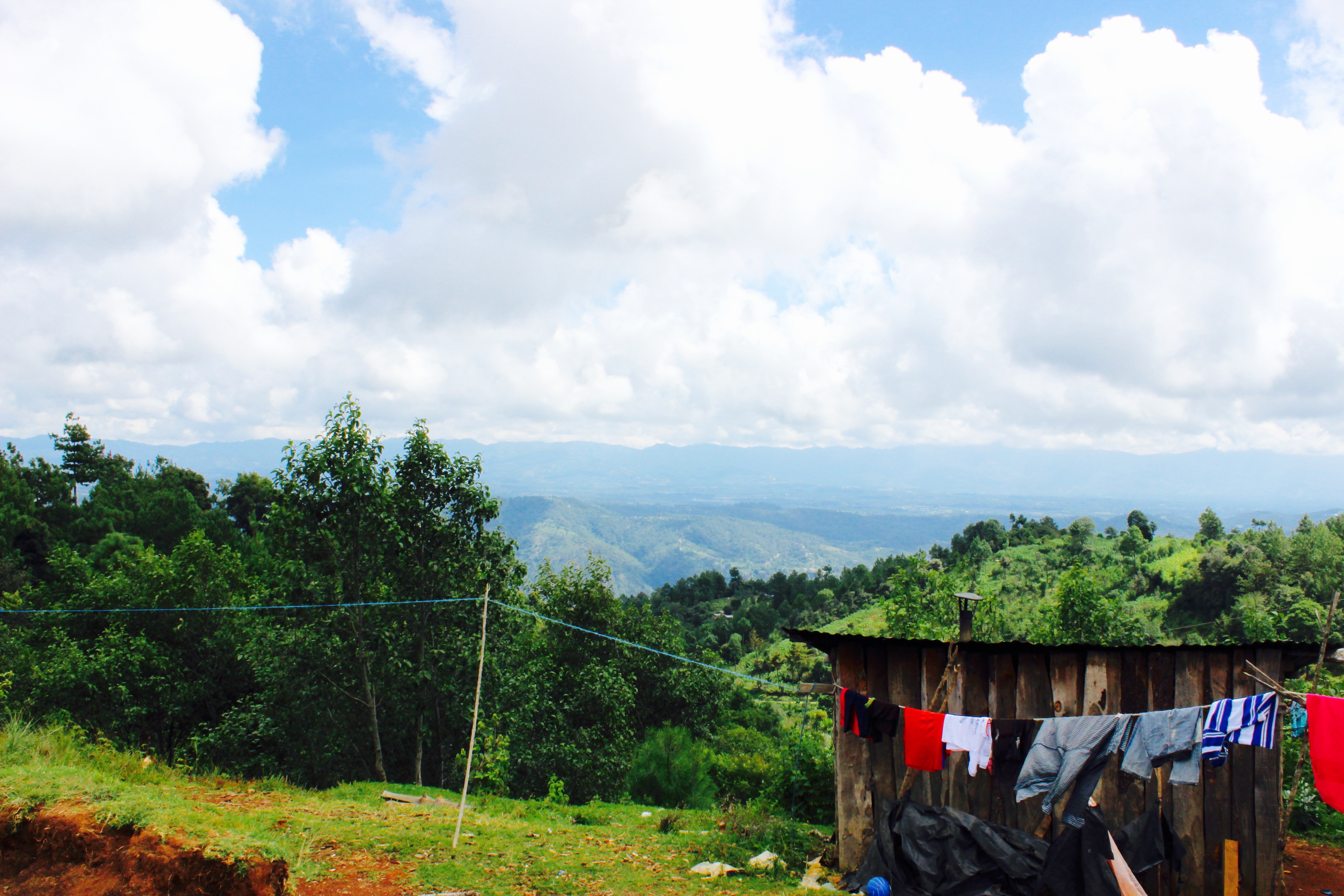
It’s the proudest I’ve been to work on the Watsi team, and it’s the first time I have so clearly understood the impact Watsi donors are having -- not only on patients, but on their families and communities.
Thank you to Wuqu’ Kawoq for hosting us, and for doing whatever it takes to bring healthcare to to the farthest corners of the world.
Katya Lavine
I manage medical partnerships @ Watsi